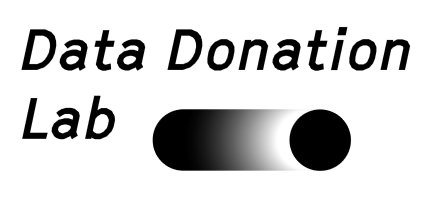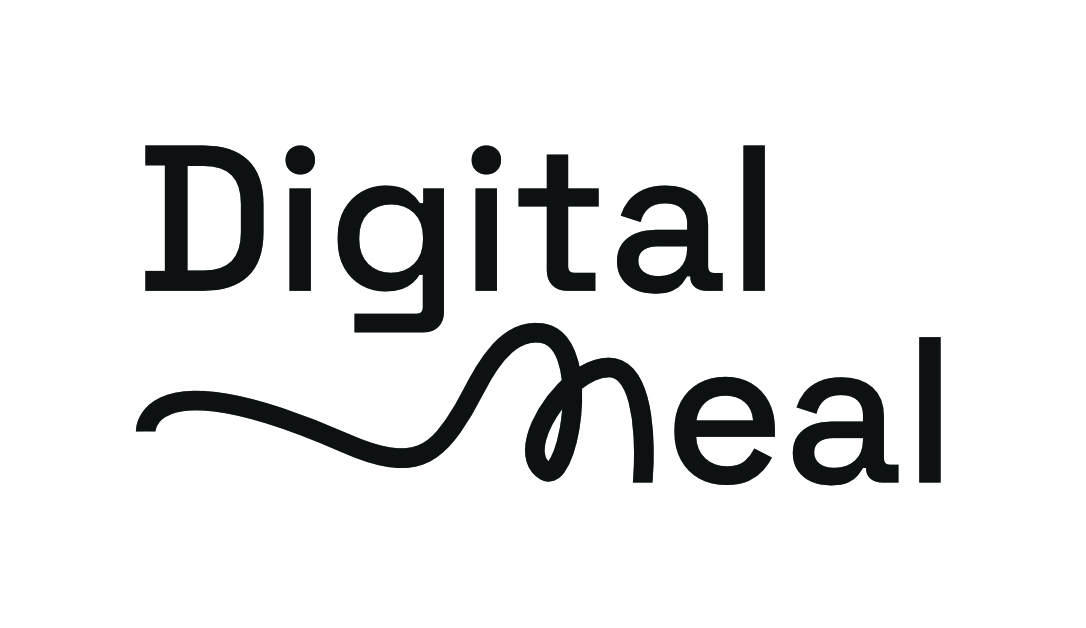Research
Communication is a dynamic process including multiple actors. Our theoretical reasoning and empirical research therefore always take the social context of media users into account. This is reflected in our theoretical work on the public sphere as a dynamic network,
the dynamics of digital media use in religious communities, or digital religions and spirituality.
To further advance research of digital media use, we have developed the method of data donation. This includes the Data Donation Module as a technical infrastructure as well as an interdisciplinary network of researchers that regularly exchange in the Data Donation Lab. This approach allows us to make use of the granular information of media use that is stored in digital traces.
Our empirical research projects typically include a longitudinal perspective in order to investigate temporal dynamics of social norms during the Covid-19 pandemic or the
social dynamics of health behavior among adolescents.
Publications
ZORA Publication List
Publications
-
‚That’s Not Appropriate!‘ Examining Social Norms as Predictors of Negative Campaigning. Political Behavior, 47(2):457-478.
-
Misperceptions of Public Opinion During Crises: Evidence from the COVID-19 Pandemic. Political Communication:epub ahead of print.
-
Fulfilling data access obligations: How could (and should) platforms facilitate data donation studies?. Internet Policy Review, 13(3):1-37.
-
Norm Setting in Times of Crisis: A Time-Series Analysis of the Dynamics Between Media Reporting and Perceived Norms in the Context of the COVID-19 Vaccination Roll-Out. Mass Communication and Society:Epub ahead of print.
-
Comparing Online Recruitment Strategies for Data Donation Studies. Computational Communication Research, 6(2):1-19.
-
Data Donation Module: A Web Application for Collecting and Enriching Data Donations. Computational Communication Research, 6(2):1-19.
-
Everyday disconnection experiences: Exploring people’s understanding of digital well-being and management of digital media use. New Media & Society, 26(6):3657-3678.
-
Data Donation as an Approach to Studying Digital Media Use – Exploring Opportunities, Challenges, and Applications. 2024, University of Zurich, Faculty of Arts.
-
Unraveling the Dark Side of Social Norms - Toward a Research Agenda on the Challenges of Social Norms in Health Communication. Health Communication, 39(12):2955-2962.
-
Conflicting Norms - How Norms of Disconnection and Availability Correlate With Digital Media Use Across Generations. Social Science Computer Review:1-22.
-
Adolescents’ Drinking Behavior Off- and Online: Disentangling Exposure Effects and Selective Exposure in Networked Communication Structures. Journal of Health Communication, 28(12):815-824.
-
The Effects of Alcohol-Related Social Media Content on Adolescents’ Momentary Perceived Norms, Attitudes, and Drinking Intentions. Health Communication, 39(11):2225-2243.
-
Does the Platform Matter?. European Journal of Health Communication, 4(3):19-34.
-
Leveraging Data Donations for Communication Research: Exploring Drivers Behind the Willingness to Donate. Communication Methods and Measures, 17(3):227-249.
-
Communication, Social Norms, and the Intention to Get Vaccinated Against Covid-19. European Journal of Health Communication, 4(2):113-139.
-
COVID-19 vaccination and changes in preventive behaviours: findings from the 2021 vaccine roll-out in Switzerland. European Journal of Public Health, 33(3):482-489.
-
The Communicative Formation of Social Norms. 2023, University of Zurich, Philosophische Fakultät.
-
Googling Referendum Campaigns: Analyzing Online Search Patterns Regarding Swiss Direct-Democratic Votes. Media and Communication, 11(1):19-30.


